Professional Discipline
Marios advises and represents clients from a wide variety of industry sectors in cases brought by their regulatory bodies, and in related proceedings in the criminal, civil and coronial courts, and other tribunals. He appears both at first instance and advises on appeals and judicial review applications to the High Court. He specialises in complex and lengthy cases before disciplinary committees, and in the High Court, and is adept at quickly identifying key issues. He is instructed by major indemnity providers and corporate bodies and the regulators to advise and appear on behalf of their members.
His experience has meant that Marios is often asked to advise on matters of particular signifance to both the regulators and those that are regulated. He was one of only two barristers (the other being a KC when Marios was a Junior) to advise the precursor of the Medical Practitioners Tribunal Service on the form and nature of its fitness to practice rules.
He is often invited to lecture regulator and imndemnifiers as well as the wider profession on particular problems posed in litigation and professional discipline.
In 2023, despite being in Silk for only a relatively short period of time Marios was awarded Professional Disciplinary and Regulatory Silk of the Year at The Legal 500 UK Bar Awards 2023.
Cases
GMC v XX
Marios mounted a successful abuse of process against the General Medical Council (‘GMC’) in respect of a Consultant Psychiatrist accused of multiple misconduct allegations which included clinical and record keeping deficiencies, allegedly involving some 17 patients. On one count the doctor faced almost 1900 possible findings of fact and the investigation into his conduct had spanned some 5 years. Marios argued that the manner in which the GMC conducted (or did not) its investigation into the issues of the case, the background to the case, and the nature and number of allegations meant that the doctor could not receive a fair hearing and/or in all the circumstances of the case, it would be unfair to try him. The Tribunal found that there had been an abuse of the process and stayed the proceedings. The Tribunal found, given the history of the case and the deficiencies identified by the Defence that, amongst other things, that it would be ‘unconscionable to allow this unwieldy, imprecise allegation to proceed to a substantive hearing’.
BACP v CG
Marios represented the interests of a registrant of the Health & Care Professions Council (‘HCPC’) accused of dishonesty. The case involved allegedly false claims to insurers over a number of years. The insurer had also referred the registrant to the police. The allegations and the HCPC investigation spanned many years. Prior to the substantive hearing the Defence put the HCPC on notice of its intention to mount an abuse of process argument to stay the proceedings in the light of the manner in which the regulator had investigated the matter, the nature of its evidence and its numerous other failures. Having received the Defence’s skeleton argument, but prior to the argument, the HCPC sought an adjournment to seek to remedy some of the many deficiencies identified by the Defence by Marios. Despite having obtained that uncontested adjournment, the HCPC made an application to discontinue the entirety of its case against the Registrant.
GMC v D
Marios successfully defended a General Practitioner facing over 97 possible findings of fact. The GP in question faced allegations of dishonesty, bullying, the deleting of patient records, leaving the practice without doctor cover and improperly closing patient/practice lists. The GMC alleged there were serious issues pertaining to mismanagement of his practice generally, his staff and the inappropriate storing of patient records. The hearing lasted approximately 5 weeks and there was a plethora of legal arguments. These included, Defence criticism of the General Medical Council (‘GMC’) in respect of its conduct in the case: in particular, whether it had properly complied with issuespertaining to calling witnesses of truth and properly executing its prosecutorial function,not least in reviewing its case as and when necessary. At the end of the facts stage of the proceedings (Stage 1), the Tribunal found all the outstanding allegations not proved and subsequently determined that the GP’s fitness to practice was not impaired.
GMC v F
Marios appeared for a doctor facing a multitude of allegations including sexual behavior with a child and viewing of pornography at various venues. He was successful in arguing before the Panel that the GMC bringing proceedings against a doctor for viewing legal pornography in his own home, despite children having access to that computer, was outwith the role of the regulator and an infringement of the doctor’s rights under the Human Rights Act.
GMC v R
Marios presented a case for the GMC against a doctor accused of sending defamatory, racist and anti-Semitic correspondence to numerous lawyers, deans and others. He was successful in fendng off an argument on the admissabilty of some of the evidence and was succesful in his application to call rebuttal evidence against the doctor which proved the doctor had lied on oath.
GSCC v W & C
Marios was instructed to advise, prepare and present the much-publicised case against the Social Worker and Team Leader responsible for Peter Connelly (‘Baby P’). It was the first time the regulator sought to ‘join’ two registrants in a single hearing despite its rules not permitting it. Marios prepared detailed arguments and the hearing was ultimately ‘joined’ and both registrants ultimately accepted all the allegations that Marios had drafted against them.
GSCC v T
Marios appeared for a doctor who also sat in a judicial capacity referred to the GMC by the President of the Solicitors Regulatory Authority for allegedly sending misleading medical reports and not complying with Good Medical Practice where his tactical preperation and presentation might have an impact on the doctor’s ability to retain his judicial appointment.


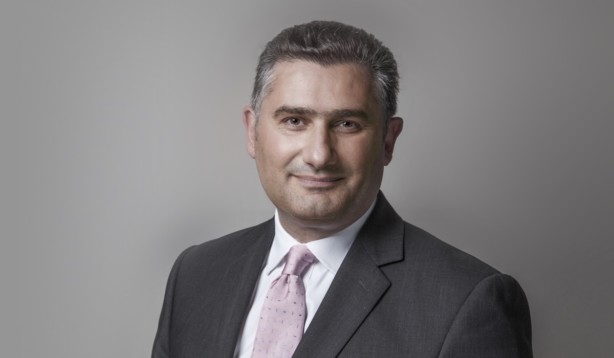
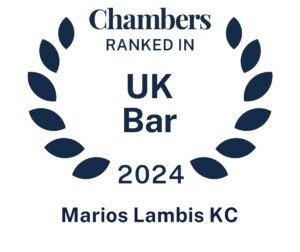

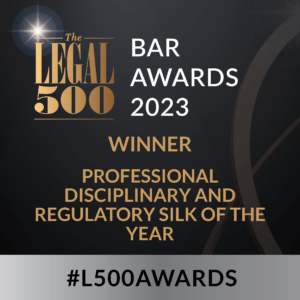

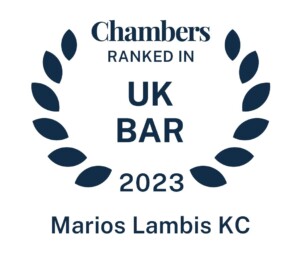

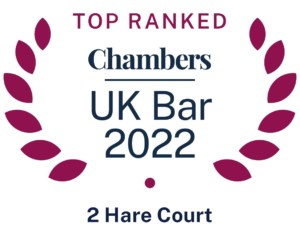


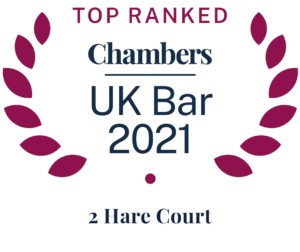

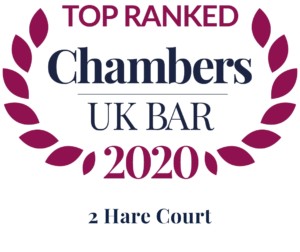
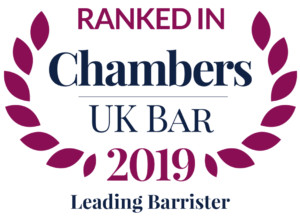

 Barrister Portfolio [
Barrister Portfolio [